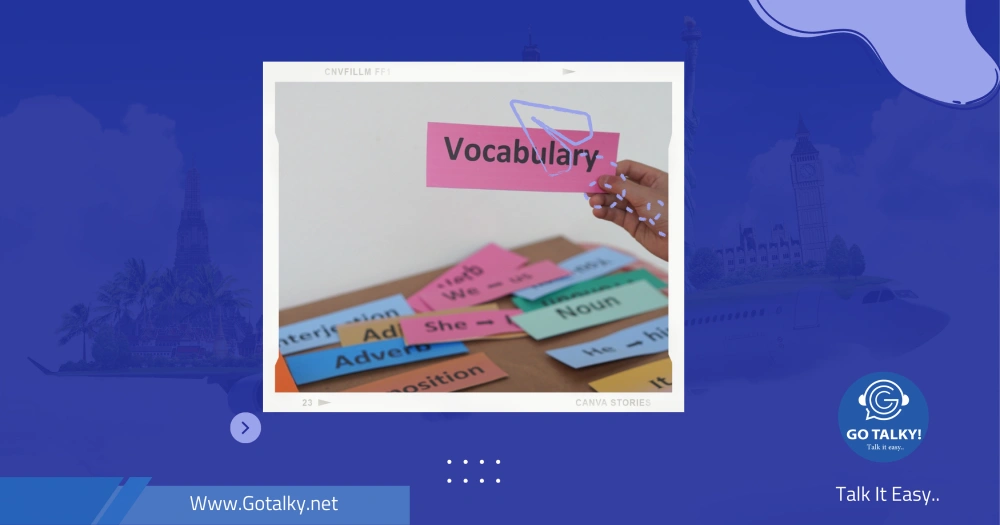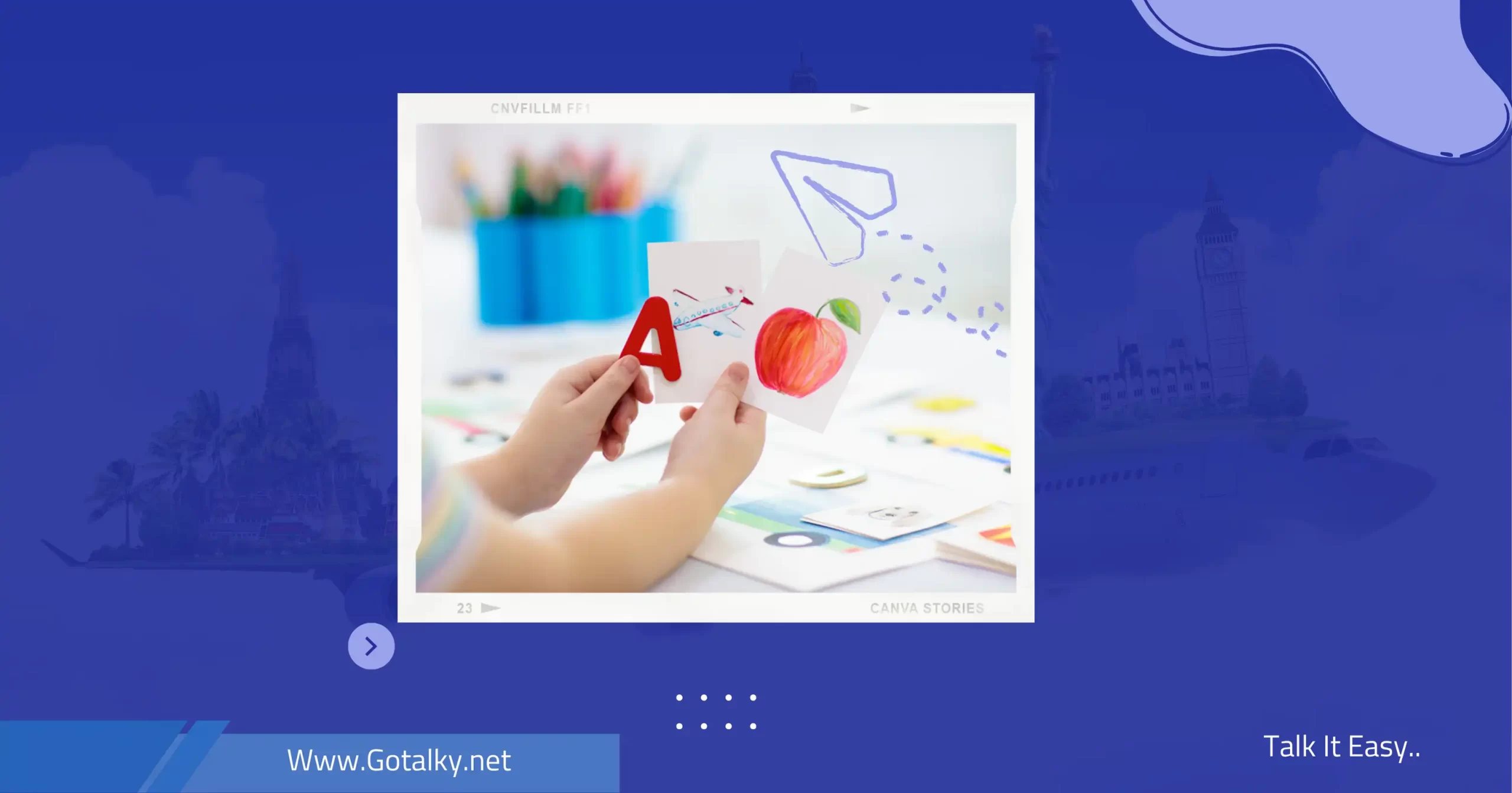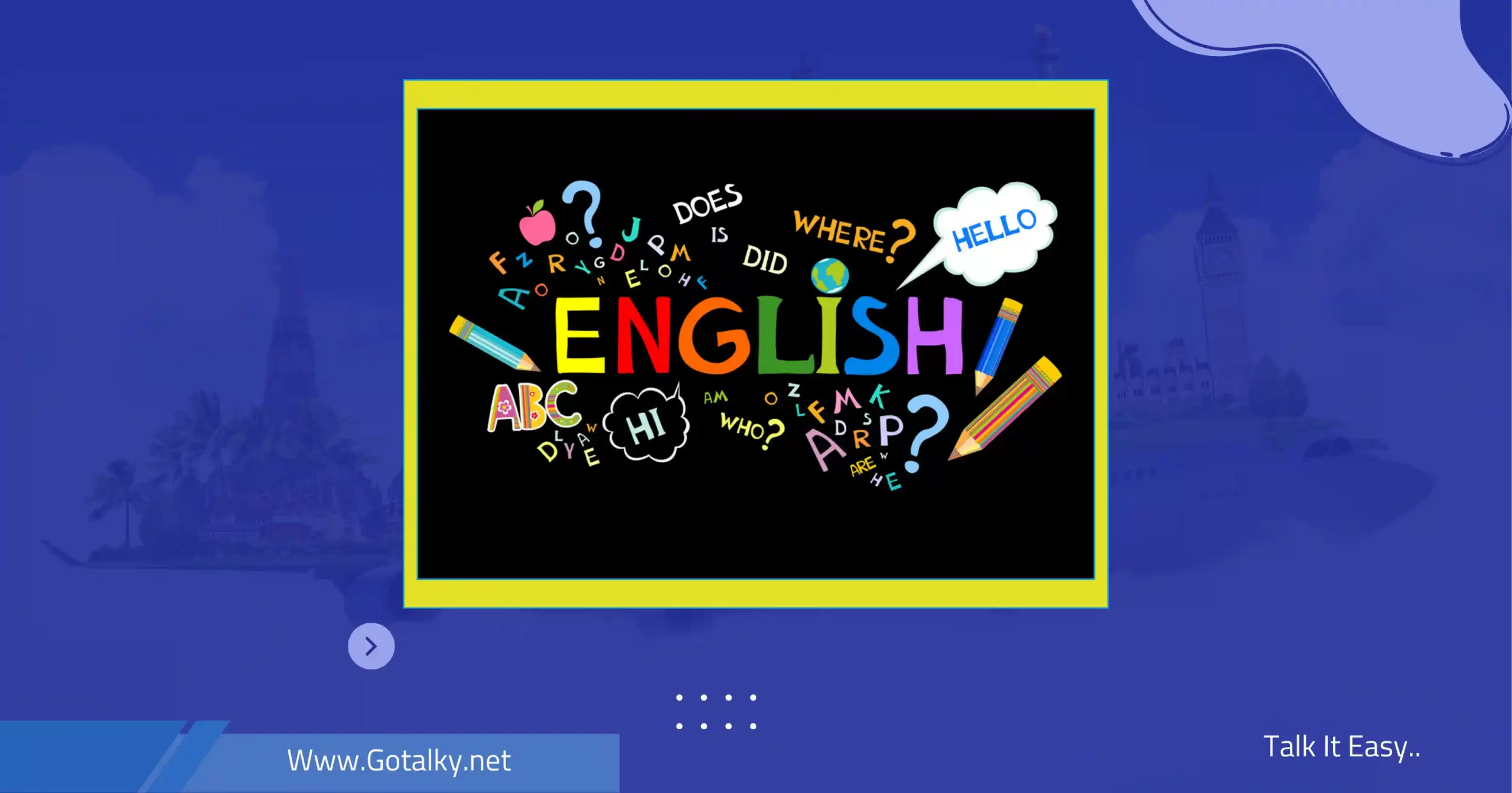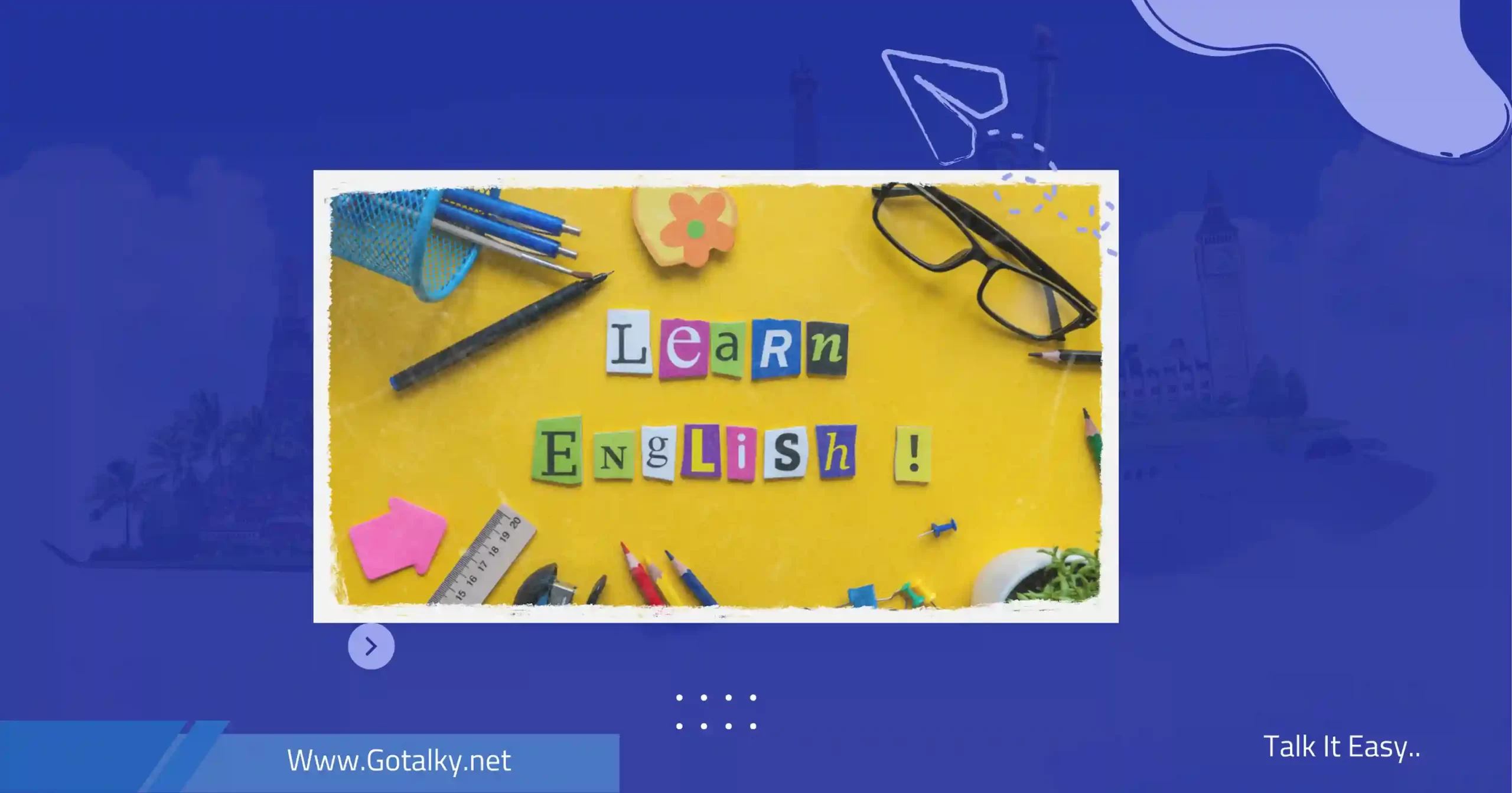Enhancing English Speaking Skills with the Best English Speaking Course:
The English language, renowned for its diversity and richness in words and expressions, holds a prominent place as one of the most widely spoken languages globally. Within the realm of essential and adaptable verbs in the English language, the versatile verb “GET” shines as an exceedingly common and multifaceted word.
The verb “GET” plays a pivotal role in the English language, earning its status as a fundamental component due to its wide spread across various contexts and scenarios. Notably, this verb’s hallmark lies in its adaptability and numerous usages, serving within routine verbs, established idioms, and as a tool to articulate a spectrum of thoughts and emotions.
When seeking to bolster your English speaking skills, there’s no better choice than GoTalky’s Advanced English Course, which offers comprehensive English speaking training. This course is tailored to help learners improve English speaking abilities, focusing on speaking and pronunciation skills. GoTalky’s commitment to delivering the best English speaking course has made it a renowned name in the field of English language education.
What are the uses of “Get”?
The word “get” is a very common word in the English language with various different uses. Here are some common uses of the word “get”:
- Obtaining Something:
I want to get a new phone.
Did you get the email I sent you?
- Moving or Traveling:
I usually get the bus to work.
Let’s get a taxi to the airport.
- Becoming or Transitioning to a Certain State:
She got married last month.
The weather is getting colder.
- Understanding or Comprehending:
I couldn’t get what he was saying.
Can you help me? I don’t get this math problem.
- Starting to Do Something:
Let’s get started with the meeting.
I need to get going, I have a lot to do.
- Preparing or Obtaining Something for Someone:
Can you get me a glass of water?
I’ll get the documents ready for the meeting.
- Acquiring or Gaining Possession:
I need to get a new laptop.
She got a new job.
All “Get” Cases in English from GoTalky
The word “get” is a versatile word in the English language. Here are some common cases of its various uses:
- Obtaining/Acquiring:
I want to get a new car.
She got a promotion at work.
- Becoming/Transforming:
He got angry when he heard the news.
They got married last year.
- Receiving:
Did you get my email?
I got a package from my friend.
- Understanding/Comprehending:
I didn’t get the joke.
Can you explain it again? I’m not getting it.
- Starting/Commencing:
Let’s get started with the meeting.
I need to get going.
- Fetching/Bringing:
Can you get me a glass of water, please?
I’ll get the files from my office.
- Becoming/Transforming into:
He got sick last week.
The weather got colder in the evening.
- Achieving/Completing:
I need to get my homework done before tomorrow.
She got her driver’s license.
Expressions Related to the Verb “Get”
Here are some terms related to the verb “get” in the context of learning English:
- Get started: Begin
Let’s get started with our English lesson.
- Get better: Improve
I’ve been practicing every day, and my English is getting better.
- Get fluent: Master
She’s been studying English for years, and now she’s getting fluent.
- Get the hang of: Understand or master something after a period of practice
It took me some time, but I finally got the hang of using prepositions correctly.
- Get feedback: Receive comments or opinions
Don’t forget to submit your essay to get feedback from your teacher.
- Get familiar with: Acquaint oneself with
I need to get familiar with the vocabulary before the exam.
- Get motivated: Find inspiration or incentive
Watching inspiring videos helps me get motivated to study English.
- Get corrected: Have errors or mistakes rectified
It’s important to make mistakes because that’s how you get corrected and learn from them.
When to Use “Get” and “Go”?
We use the words “get” and “go” in the English language for different purposes and contexts.
The word “get” plays a role in improving English speaking when talking about obtaining or receiving something. For example, you can improve English speaking by using “get” to express acquiring a new book, like: “I need to get the Best English speaking course.” It can also signify receiving something beneficial for English speaking training, such as: “Did you get valuable tips from the Speaking and pronunciation course?”
On the other hand, the word “go” is essential for Advanced English course learners when discussing movement from one place to another. For instance, you can use “go” to indicate using a specific mode of transportation for English speaking training, like: “I usually go to English speaking training by car.” You can also use “go” to express the act of heading to a particular location to improve English speaking, such as: “Let’s go to the park for a relaxing session to improve English speaking.”
Regardless of the usage, it’s always important to consider the context and the overall meaning of the sentence to choose the appropriate verb. With time and practice, you’ll become confident in using “get” and “go” correctly in conversational contexts and written texts.
When Do We Say “Get Up”?
We say “Get Up” when we want to express waking up from sleep or rising from a seated or lying position, which is relevant when discussing ways to improve English speaking. When we use this phrase, we mean to stand on our feet and start moving after a period of rest or sleep. For example, we can use “Get Up” in the following sentence: “I usually get up at 7 a.m.”
What Is the Past Tense of the Verb “Get”?
The past tense of the verb “Get” is “Got,” a crucial term when discussing past experiences in an Advanced English course. “Got” is used as the simple past tense or past participle form of the verb “Get.” For example, “I got a new job” or “She has got a new car.”
The Difference Between “Get Up” and “Got Up”:
“Get Up” refers to the current action or process of waking up from sleep or rising from a lying or sitting position. For example, “I need to get up early tomorrow.”
“Got Up” is the simple past tense form of the verb “Get Up.” It is used to indicate the past event of waking up, which could be part of your narrative in an Advanced English course. For example, “Yesterday, I got up late.”
What Is the Difference Between “Have” and “Have Got”?
When it comes to ownership or possession, “Have” and “Have Got” are interchangeable in English. Understanding this distinction can be beneficial for English speaking training.
“Have” is the more common and widely used form in English. It is used to indicate ownership or possession of something. For example, “I have a car.”
“Have Got” is more commonly used in British English and in some informal uses in American English. It is used to indicate ownership or possession with the same meaning as “Have.” For example, “I’ve got a car,” which could be helpful to know in an Advanced English course.




